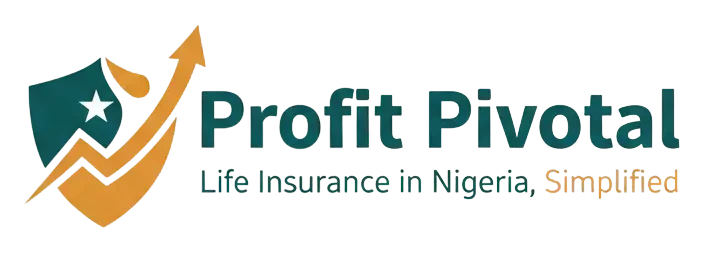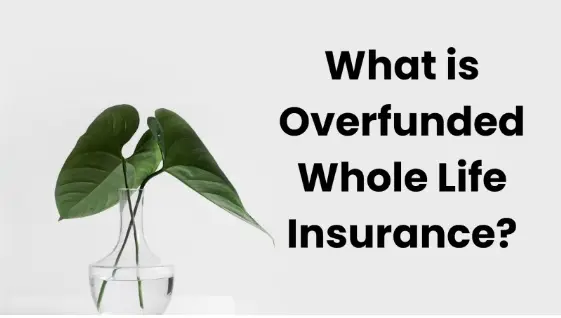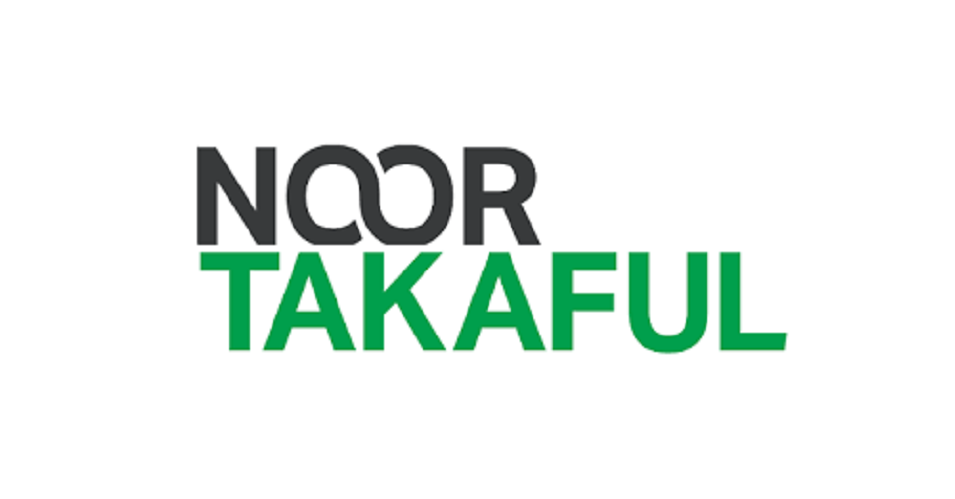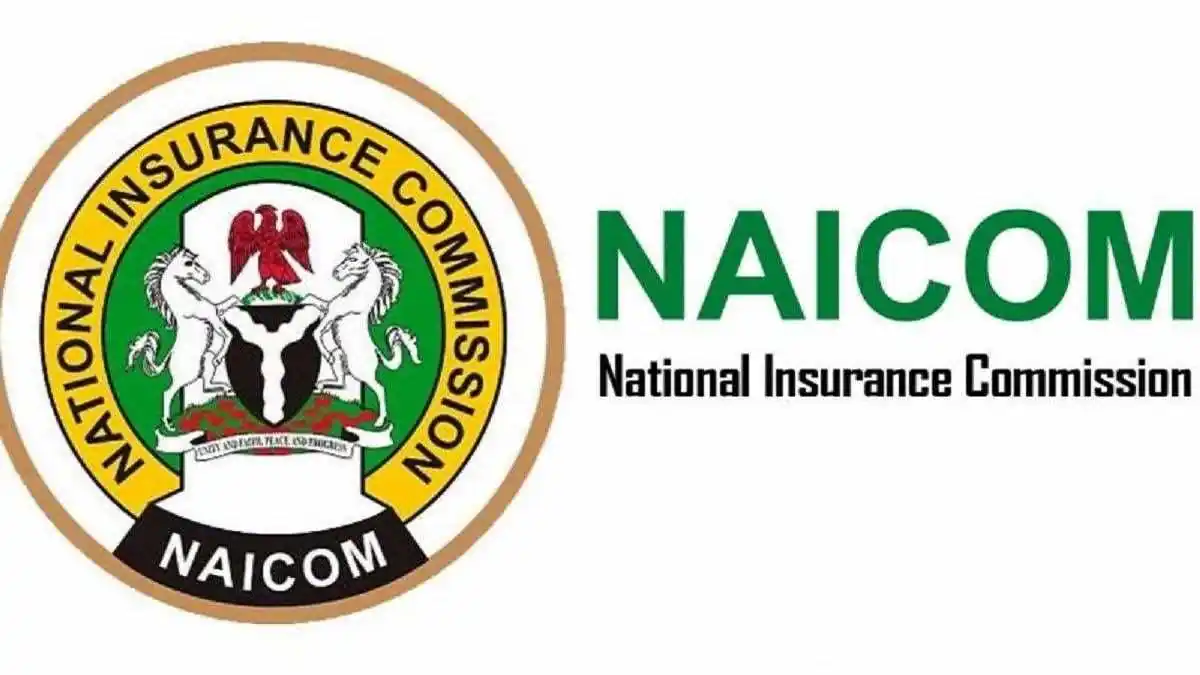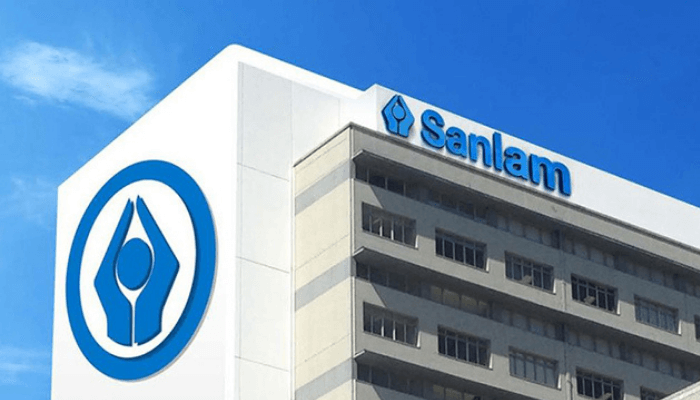Permanent life insurance in policy is a type of life insurance policy that provides coverage for your entire lifetime, as long as premiums are paid. Unlike term insurance which covers you for a specific period, a permanent life insurance policy never expires and includes a cash value component that grows over time.
Are you thinking about how to secure your family’s financial future, no matter what happens? It’s a major concern for many Nigerians, from a business owner in Lagos planning for succession to a young professional in Abuja wanting to build a lasting legacy. You need a tool that offers both protection and growth.
This article will explain exactly how permanent life insurance works in Nigeria. We will cover the different types, the unique tax benefits, and the pros and cons to help you decide if it’s the right investment for you.

What is a Permanent Life Insurance Policy?
A permanent life insurance policy is a contract between you and an insurance company that provides a death benefit to your beneficiaries whenever you pass away. Crucially, it provides lifelong coverage along with a savings or investment component known as “cash value.”
A portion of your premium payment goes towards the cost of insurance, while the remaining amount funds the cash value account, which grows on a tax-deferred basis.
How Does Permanent Life Insurance Work in Nigeria?
Think of it like this: You buy a policy from a Nigerian insurer like AIICO, AXA Mansard, or Leadway Assurance.
- Pay Premiums: You pay regular premiums (monthly, quarterly, or annually).
- Coverage & Cash Value: Part of the premium covers the death benefit (the money your family gets). The other part goes into your cash value account.
- Growth: The cash value grows over time, similar to a savings account, often with interest.
- Lifelong Protection: The policy remains active for your entire life as long as you keep paying the premiums.
- Payout: When you pass away, your beneficiaries receive the death benefit, usually tax-free.
What are the 3 Main Types of Permanent Life Insurance?
While there are several variations, most permanent life insurance policies in Nigeria fall into three main categories.
1. Whole Life Insurance
This is the most common and straightforward type. The premiums, death benefit, and cash value growth rate are fixed and guaranteed for the life of the policy. You know exactly how much you need to pay and what your policy will be worth at any given time.
- Best for: Individuals who want predictable costs and guaranteed growth.
2. Universal Life Insurance
Universal life offers more flexibility. It allows you to adjust your premium payments and death benefit amount within certain limits. The cash value growth is often tied to a current interest rate, which can fluctuate.
- Best for: People whose income may change over time and who want the ability to modify their policy.
3. Variable Universal Life Insurance
This type combines a death benefit with investment options. You can allocate your cash value into various sub-accounts, which are invested in stocks and bonds, similar to mutual funds. This means your cash value has higher growth potential but also comes with market risk.
- Best for: Financially savvy individuals with a higher risk tolerance who want to use their life insurance as an investment tool.
Is Permanent Life Insurance a Good Investment?
This is a critical question. Permanent life insurance is best viewed as a protection-first financial tool with a conservative investment feature, not a high-growth investment like stocks or real estate.
It’s a good investment if:
- You have a lifelong need for insurance (e.g., dependents with special needs).
- You want to leave a guaranteed inheritance or cover estate taxes.
- You have maxed out other retirement savings options like your Pension (managed under PenCom regulations).
- You value the discipline of forced savings.
It may not be a good investment if:
- Your insurance need is temporary (e.g., covering a mortgage).
- The high premiums will strain your budget.
- You are comfortable with managing your own higher-risk investments.
In Nigeria, the stability it offers can be a significant advantage. Ganiyu Musa, a past chairman of the Nigerian Insurers Association (NIA), has often highlighted insurance as a vital tool for wealth protection and transfer, a sentiment shared across the industry.
Can You Cash Out a Permanent Life Insurance Policy?
Yes, you can access the cash value of your permanent life insurance policy while you are still alive. This is one of its most powerful features. You can typically do this in a few ways:
- Withdrawal: You can withdraw a portion of your cash value. This may reduce your death benefit.
- Policy Loan: You can borrow against your cash value, often at a lower interest rate than a bank loan. The loan is not taxed, and if you don’t pay it back, the amount is deducted from the death benefit.
- Surrender the Policy: You can cancel the policy entirely and receive the accumulated cash value (less any surrender charges). This ends your life insurance coverage.
Permanent Life Insurance Pros and Cons
| Pros | Cons |
|---|---|
| Coverage Never Expires | Higher Premiums |
| Guaranteed Death Benefit Payout | Lower Investment Returns |
| Builds Tax-Deferred Cash Value | Less Flexibility (Especially Whole Life) |
| Can Borrow Against the Policy | Can be Complex to Understand |
| Premiums Can Be Fixed for Life | Surrender Charges in Early Years |
What are the Tax Benefits of Permanent Life Insurance in Nigeria?
The tax advantages are a significant selling point. According to Nigerian insurance laws, regulated by NAICOM, permanent life insurance enjoys favourable tax treatment.
- Tax-Deferred Cash Value Growth: Your cash value grows without you having to pay taxes on the gains each year.
- Tax-Free Death Benefit: The payout your beneficiaries receive is typically not subject to income tax.
- Tax-Free Policy Loans: Money you borrow from your policy’s cash value is generally not considered taxable income.
This makes it an effective tool for estate planning and wealth transfer. For more detailed information on insurance regulations, you can refer to publications on the official NAICOM website.
What is the Main Disadvantage of Permanent Life Insurance?
The single biggest disadvantage of permanent life insurance is its cost. The premiums are significantly higher than for term life insurance because the policy is designed to last a lifetime and build cash value. For many young Nigerians or those on a tight budget, a term policy might be a more affordable way to get the coverage they need initially.
Is It Right For You?
Permanent life insurance offers a unique combination of lifelong protection and a disciplined savings vehicle. For Nigerians looking to create a lasting financial legacy, protect their family indefinitely, and build a stable asset, it is a powerful tool.
However, its high cost and complexity mean it isn’t for everyone. It’s crucial to assess your long-term financial goals, budget, and risk tolerance. Speak with a qualified financial advisor to compare permanent life insurance quotes and see how it fits into your overall financial plan. Your future security is worth careful consideration.
Suggested Reads:
1. Capital Gains Tax in Nigeria: A Simple Guide to Your Profits (2025)
2. 5 Things Term Life Insurance Does for Nigerians That Savings Cannot
3. Discover the Secret Clause Many Nigerians Miss in Their Term Life Policies
4. Top 5 Best Life Insurance Companies in Nigeria for 2025
5. How Much Does Life Insurance Cost in Nigeria (2025)
6. Can Creditors Take Life Insurance Proceeds in Nigeria?
7. How to Withdraw Money from a Life Insurance Policy: Your A-Z Guide
